Refiguring Unani Tibb examines the ways in which Unani Tibb reconstituted its identity in the light of modernising trends at the turn of the twentieth century in India. It brings out the heterogeneity of Unani Tibb in late colonial India that frequently defies its commonly ascribed label as a 'Traditional Muslim System' of medicine. Through an analysis of interconnecting themes Guy Attewell draws attention to the tensions manifest in different spheres of Unani activity as practitioners reconfigured their knowledge and practices through the prisms of biomedical concepts, language, nationalist and communitarian politics, changing social and moral norms, and colonial-inspired models of legitimacy. The book shows that while Tibb has always been a cosmopolitan profession, the late nineteenth and twentieth centuries saw a fundamental transition from a principally localised, personalised practice to one that had to engage and be represented in a mass, public arena for status, recognition and custom. This transition, the book argues, was neither complete nor uniform. The study draws on a range of material in Urdu, Arabic and Persian, including texts, pamphlets and journals, in addition to archival records in Hyderabad and London, to draw out the complexity and contingency in the evolution of a plural and extraordinarily dynamic tradition of healing.
Refiguring Unani Tibb: Plural Healing in Late Colonial India
In stock
Free & Quick Delivery Worldwide
reviews
Bibliographic information
Title
Refiguring Unani Tibb: Plural Healing in Late Colonial India
Author
Edition
1st ed.
Publisher
ISBN
8125030174
Length
xvi+316p.
Subjects

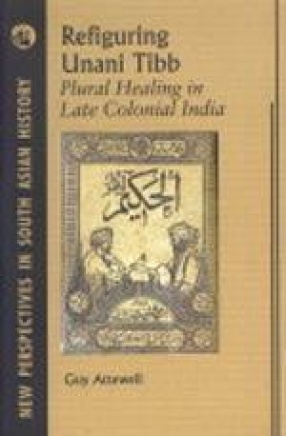
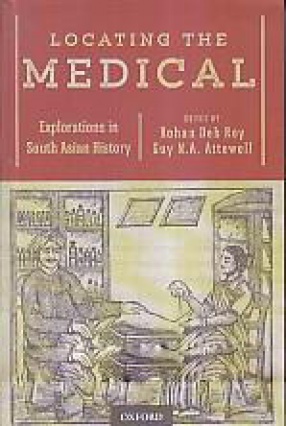
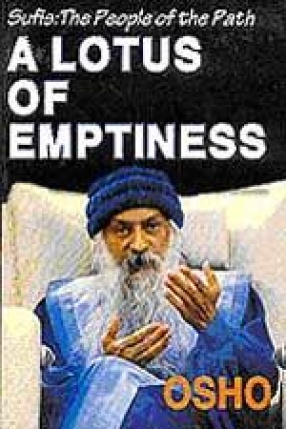
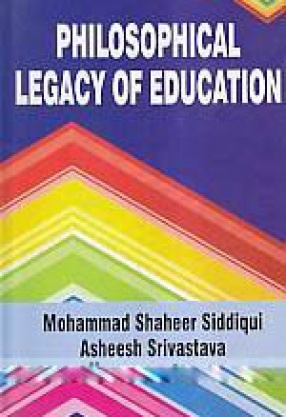
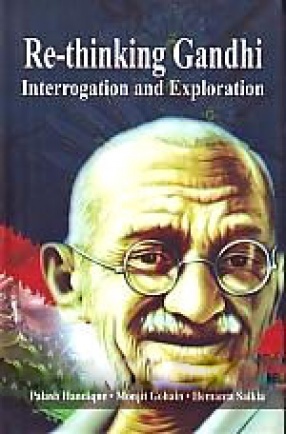
There are no reviews yet.